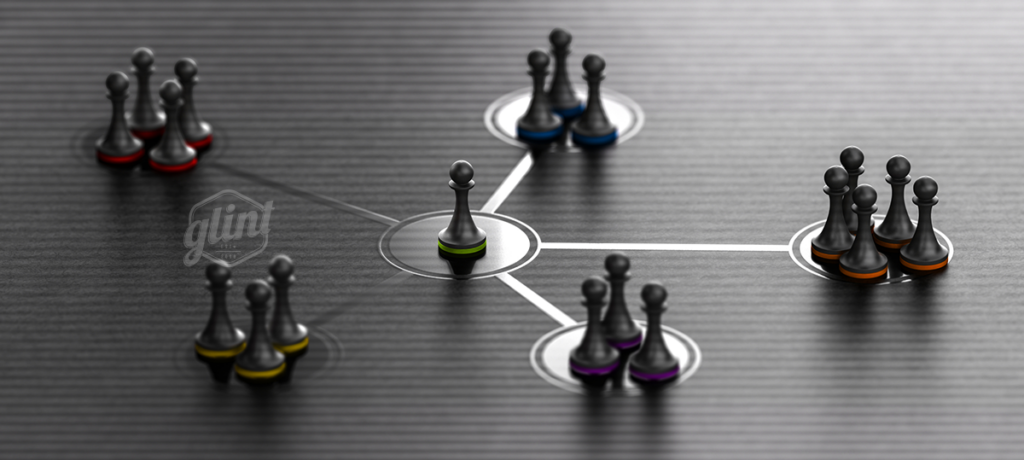#GlintObserves Black History Month by getting more familiar with the plight of the Black woman.
While observing Black History Month in February is an honorary reminder for Americans to reflect on Black Americans’ impact on the country and global community, it is also appropriate to raise awareness of factors that threaten the culture’s ability to thrive. Rather than regarding the plight of the Black women as inconsequential or even non-existent, know that they are silently suffering physically and psychologically.
Earlier this month, former Miss America Cheslie Krys jumped to her death from her high-rise apartment. The accomplished, charismatic lawyer’s mother says Krys hid her high-functioning depression so incredibly well not even she knew her daughter was suffering despite their close relationship. Described by her family and friends as a “ball of sunshine,” her perfect facade may have masked a fractured interior.
Researchers Sharde M. Davis and Martinque K. Jones examine and define “strength” related to the oppression of Black women.
Black women in the United States embody the Strong Black Woman or SBW archetype, but often it oppresses them. Scholars define a SBW as exhibiting extreme independence, self-sacrifice and neglect of self-emotional acknowledgment. Translation: Black feminists (and even regular folk) regale against how this image teaches fellow Americans how to treat Black women.
In this #BlackGirlMagic era where Michelle Obama, Maxine Waters, and Oprah Winfrey effortlessly show the way, it is easy to overlook the steep expectations being “strong” places on individuals. The results of that pressure may be staggering.
As a result, many African American women experience psychological and physical trauma from feeling pressure to appear put together and always react with poise.
It’s no surprise that a study conducted in 2015 illustrated that a Black woman’s general stress routinely heightens due to self-silence and the denial of support. Saying something and seeking help may be perceived as a sign of weakness for many Black women and, arguably, gets in the way of the endless things that need to get done.
However, strength is a “masquerade” and can have severe, negative physical implications. The internalization of everything has manifested into heart disease, overeating, bingeing, chronic illness and mental health struggles for Black women.
What can Black women and fans of Black women do to combat the “superwoman” complex?
The following are no surprises, but frequent reminders never hurt. Just get it done!
- Make a thriving a personal goal.
- Seek counseling. Book an appointment today, or better yet, seek online support.
- Get or expand your Sistah network to support and hold you accountable.
- Exercise and incorporate physical wellness into your daily (yes, daily) routine. Try walking; you don’t even have to sweat!
- Be preventative vs. reactive when it comes to health. Let saving money be a motivator.
- Refuel with daily (yes, daily) meditation and prayer.
- Create wellness goals. How is your vision board looking these days?
Scholars recognize that Black women in America are struggling.
Like any segment of the population suffering, awareness is the key to helping individuals improve their quality of life.
Glint Advertising recognizes that there is no one-size-fits-all approach to advertising and how we engage with each other. The agency is committed to the idea that our difference makes us impenetrable. Contact us for inclusive strategies to promote your brand.
#GlintObserves







